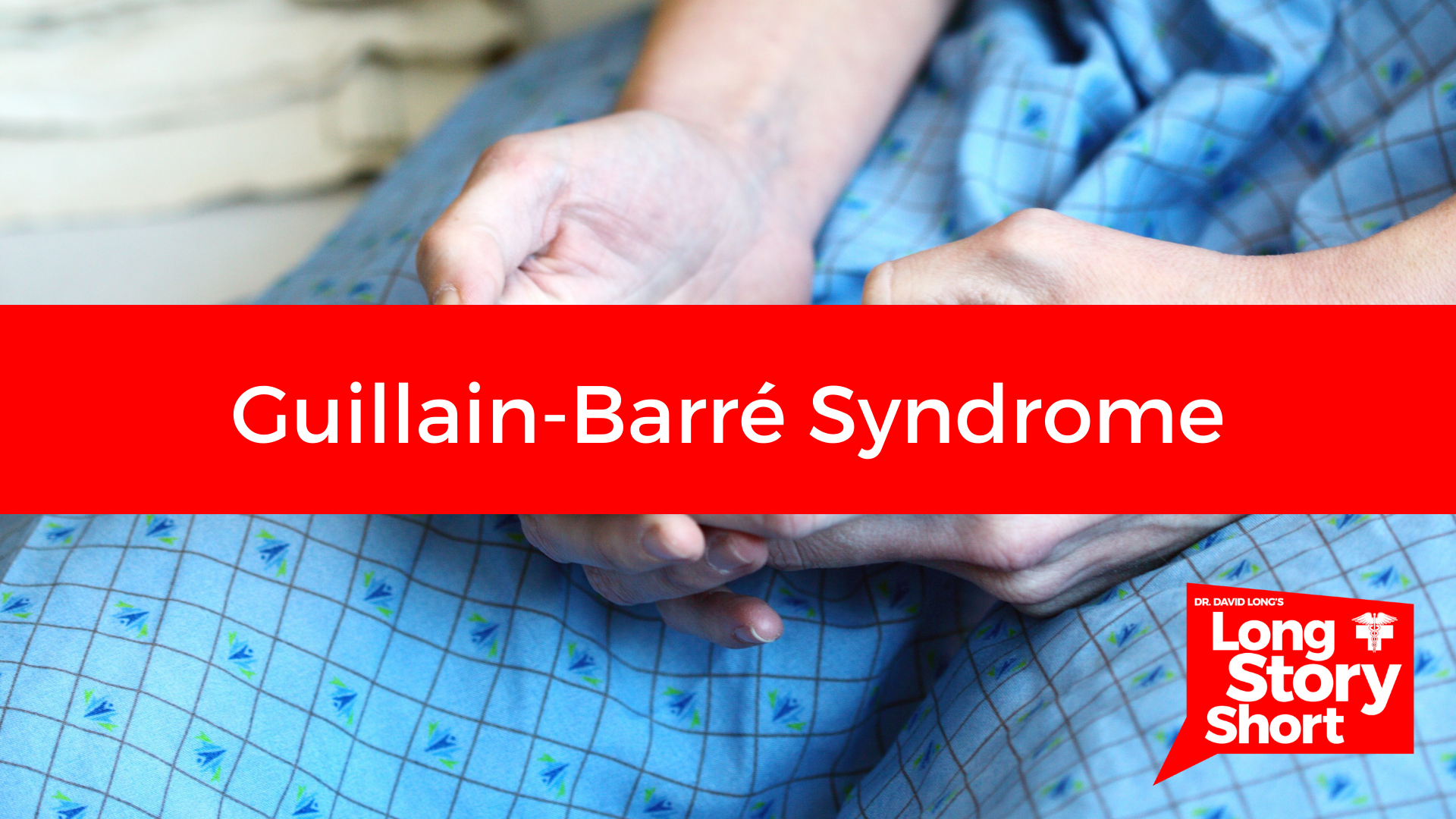Guillain-Barré Syndrome Summary
- Guillian-Barré Syndrome, also known as GBS, is a rare and serious autoimmune disorder affecting 1 in 100,000 people in the United States.
- Symptoms of GBS include tingling and weakness in the feet and legs that spreads to other parts of the body; vision problems; difficulty speaking, chewing, and swallowing; pain; coordination problems; changes in heart rate or blood pressure; problems with digestion and bladder control.
- GBS is not contagious nor inherited and its exact cause remains unknown.
- Treatment consists of infusions of antibodies, transfusions, and physical therapy to help ease symptoms and reduce duration.
- GBS sufferers depend on generous blood donations for treatment.
- Taking care of oneself should minimize risk of contracting GBS.
Full Text
Perhaps you’ve heard of Guillian-Barré syndrome, or maybe you’ve just seen it in headlines. You might be wondering, what is it? Is it contagious? How can I protect myself from it? syndrome also known as GBS is a very rare and serious autoimmune disorder affecting only one in a hundred thousand in the United States. Every year, GBS is a condition where the immune system attacks and damages.
The nerves symptoms start as weakness and tingling in the feet and legs. These sensations eventually spread and cause temporary paralysis. Other symptoms could be vision problems from the muscles in the eyes, weakening difficulty speaking, chewing and swallowing, severe pain problems with coordination or changes in heart rate or blood pressure problems with digestion and bladder control. It is known that GBS is not inherited nor is it contagious.
The exact cause of the syndrome is unclear. Research is still needed. In some cases it’s been seen after an acute bacterial or viral infection and in even extremely rare cases, GBS has been experienced after a vaccination treatment and physical therapy can help ease the symptoms and reduce the duration, but there’s no cure treatment consists of infusions of antibodies in blood transfusion.
Those suffering from syndrome are one of many individuals dependent on your generous blood donations to help relieve symptoms and help them on the road to recovery. Overall, GBS is extremely rare and if you’re taking care of yourself, you have nothing to worry about.
I’m Dr. David Long. That was the long story short!





 and then
and then